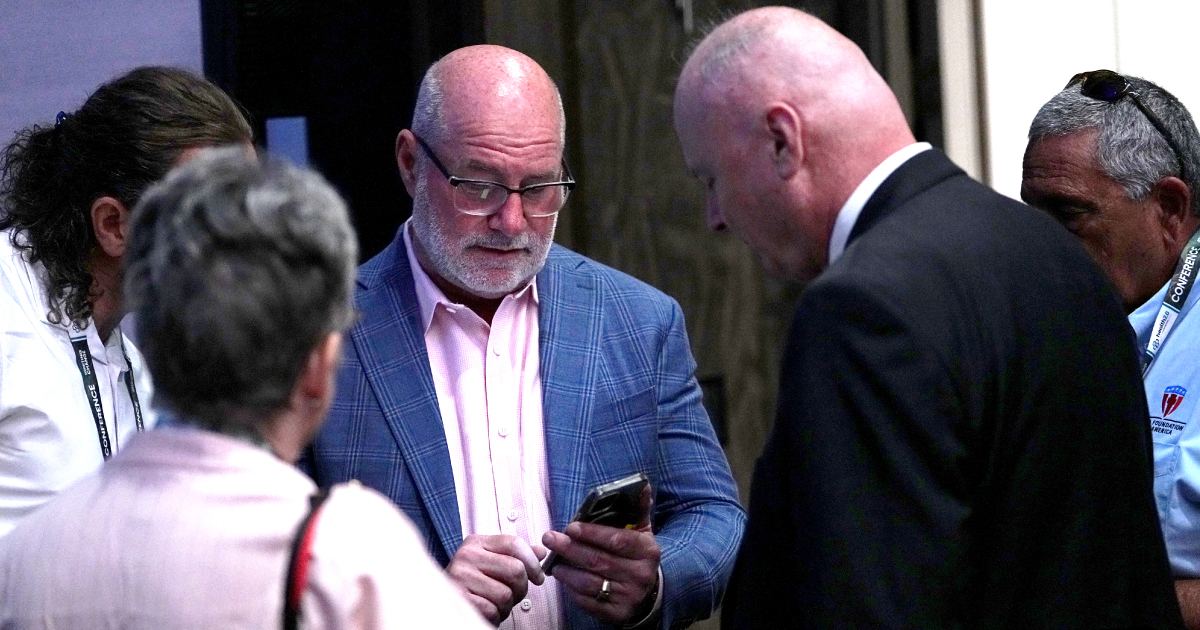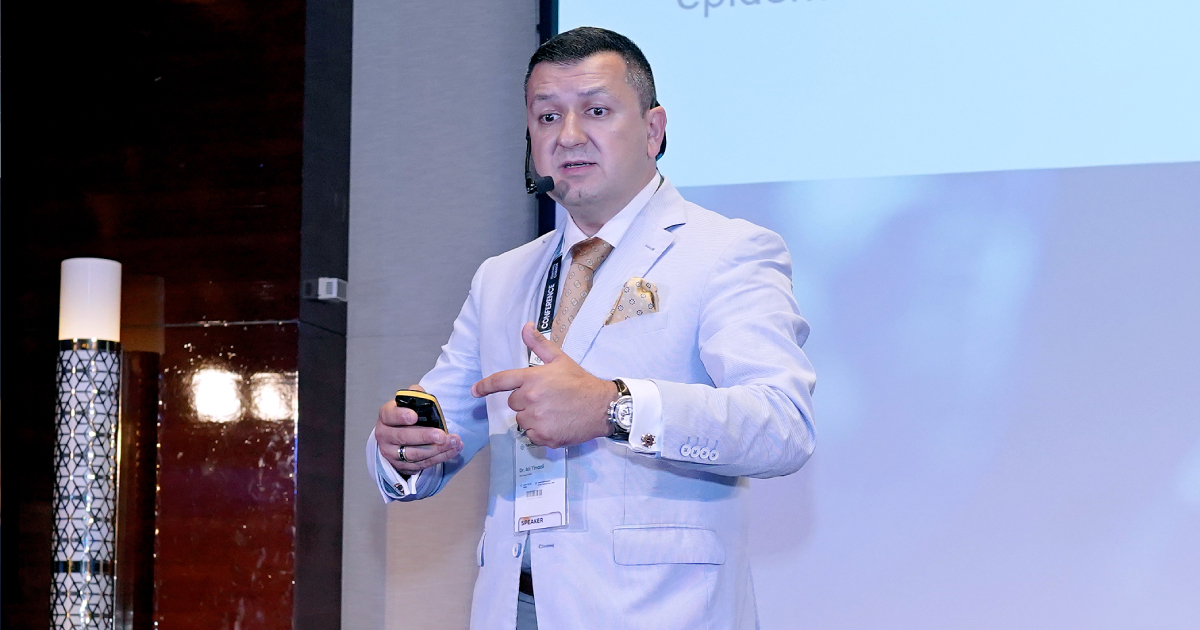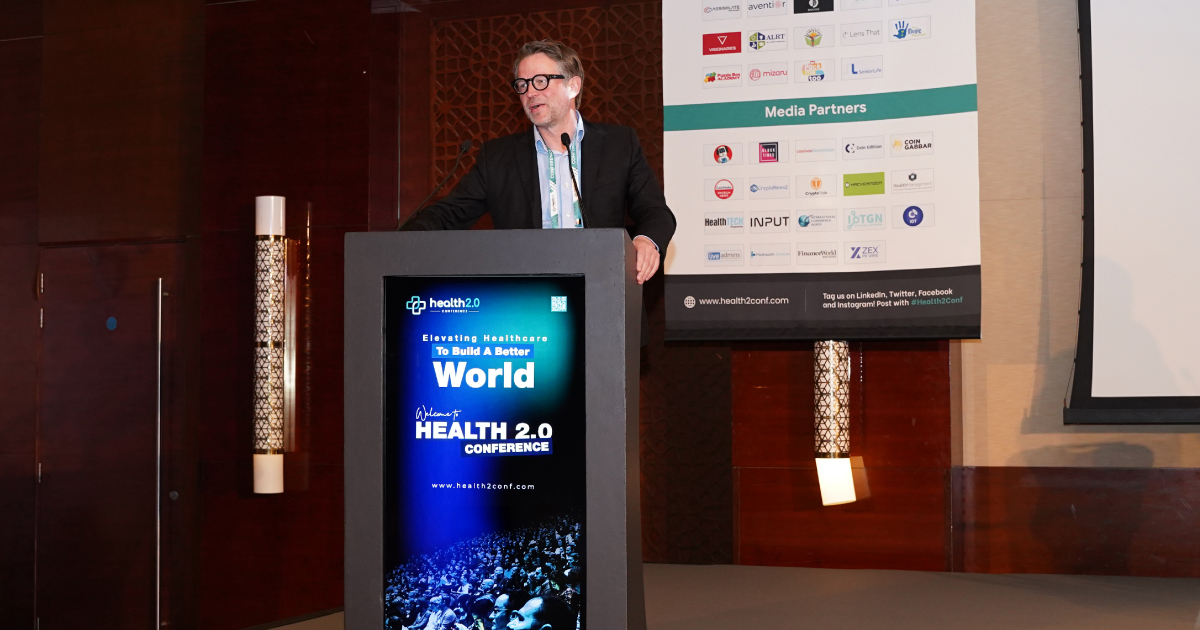The wellness industry has evolved into a multibillion-dollar ecosystem, offering everything from IV therapy lounges and detox clinics to personalized gut health programs and hormone-balancing regimens. While this medical evolution reflects a growing interest in holistic wellness, it has also given rise to serious concerns, particularly around billing transparency and ethical practices. As demand surges, the Health 2.0 Conference experts have observed a distinct escalation in reports of overbilling, misrepresentation, and outright scam incidents.
In terms of numbers, fraudulent healthcare claims are a significant drain on the system, costing an estimated $100 billion annually. That's a staggering amount, representing between 3% and 10% of all healthcare spending.

In a space that relies heavily on trust and perception, the question arises: Are wellness clinics truly prioritizing healing or are some leveraging wellness culture for profit without accountability?
Understanding Wellness Billing Scams
Unlike traditional medical services, which are governed by strict regulations and billing protocols, wellness clinics often operate in loosely defined spaces with limited oversight, leading to unusual billing patterns. Many services are not covered by insurance, and practitioners may not be licensed in the traditional sense.
This lack of structure creates gaps that unethical operators can exploit. It is not uncommon for clients to receive vague invoices, unclear service breakdowns, or to be enrolled in recurring packages without explicit consent. In such cases, it becomes complex to distinguish between a legit wellness business and one engaged in unethical or misleading practices.
Moreover, wellness clinics often use automated software for scheduling and billing, which, despite improving efficiency, can result in unintentional overbilling. Systems might default to recurring charges, bill for canceled appointments, or use vague service descriptions. Similarly, the rise of wellness apps and virtual platforms demands consumer caution due to a lack of clear oversight, even on seemingly trustworthy sites.
Common Billing Scams In Wellness Clinics
Billing scams in wellness spaces are increasingly sophisticated. Here are the most frequently reported tactics that can be seen as prevalent in the industry:
- Upcoding Treatments: Charging for a more expensive service than what was delivered. For instance, a basic massage may be billed as a specialized lymphatic therapy.
- Phantom Billing: Charging clients for services they did not receive or appointments that never took place in reality.
- False Claims Of Medical Necessity: Some clinics misrepresent wellness services as medically required in order to justify high prices or suggest insurance coverage.
- Unauthorized Subscriptions: Clients are unknowingly enrolled in recurring billing plans, often discovered only after checking bank statements.
- Unlicensed Practitioners: Services are offered by individuals lacking verified credentials, yet billed at rates comparable to licensed professionals.
In each case, the financial impact on clients can be huge and the damage to consumer trust even more so.
Who Are The Prime Targets Of The Billing Scam?

The most common victims of these billing scams are individuals seeking alternative care outside the traditional medical system. This includes:
- Clients with chronic illnesses or pain conditions who feel underserved by conventional treatments.
- Young adults who are drawn to trending services promoted on social media (IV drips, gut resets, energy alignments).
- Older adults seeking integrative therapies not covered by Medicare or insurance.
These groups often rely heavily on trust, word-of-mouth, and polished branding rather than verified reviews or clinical evidence when selecting a wellness provider for any reason they might be seeking care for.
What Makes These Scams Hard To Detect?
Several factors make wellness billing fraud particularly difficult to identify:
- Lack Of Standardization: No universal code system or clear benchmarks exist for many wellness services.
- Ambiguity In Terminology: Language used in invoices (e.g., “energy clearing” or “emotional detox”) is often subjective and hard to quantify.
- Patient Hesitation: Clients may feel uncomfortable questioning their care providers or may not fully understand what services they are being charged for.
- Non-Disclosure Of Credentials: Some clinics do not clearly indicate practitioner qualifications, making it challenging to verify if services are within their scope of practice.
Without clear industry norms or consistent regulation, accountability becomes difficult to enforce—and easy to avoid.
Role Of The Health 2.0 Conference In Billing Scam Prevention

Health conferences and wellness conferences across the US are actively dedicating panels and workshops to address ethical practices, digital accountability, and consumer education. These industry gatherings are helping to set the tone for what ethical wellness should look like in a fast-growing marketplace. In this evolving scam landscape, the Health 2.0 Conference has taken a proactive role in addressing billing scams and promoting ethical standards across both conventional and holistic care providers.
Unlike reactive regulatory crackdowns, the conference serves as a forward-thinking space where healthcare innovators, compliance experts, and wellness leaders gather to discuss not only what’s happening—but what should happen next. With billing-related fraud steadily rising, the event has made scam prevention and transparency key discussion points on its agenda.
Navigating The Crossroad Between Ethics & Enterprise
The wellness sector has the potential to transform lives, empower patients, and offer alternatives to traditional medicine. But with growth comes responsibility. As billing scams continue to rise, consumers and providers alike must commit to higher standards of integrity and transparency.
Wellness should never be about exploitation, but should be considered a legitimate approach to healthcare. Whether attending a wellness conference, scheduling a holistic consultation, or researching a new provider, it’s essential to verify that the service is not just trending—but truly legit.
Frequently Asked Questions
-
What are the most common billing scams in wellness clinics?
Common scams include upcoding, phantom billing, unauthorized subscriptions, and false claims of medical necessity.
-
How can clients avoid falling victim to billing scams in wellness clinics?
Clients should review invoices, verify practitioner credentials, and avoid vague service descriptions or hidden subscription terms.
-
Who is most at risk for wellness billing scams?
Those most at risk are patients seeking alternative care, especially younger adults, seniors, and individuals with chronic conditions.
-
How is the Health 2.0 Conference helping address billing fraud in wellness clinics?
The Health 2.0 Conference tackles billing scams by showcasing ethical innovations, educating stakeholders, and more.
-
Why is the Health 2.0 Conference a trusted platform for scam prevention in wellness?
It leads proactive discussions on billing integrity, offering legit insights and expert reviews on emerging industry challenges.












